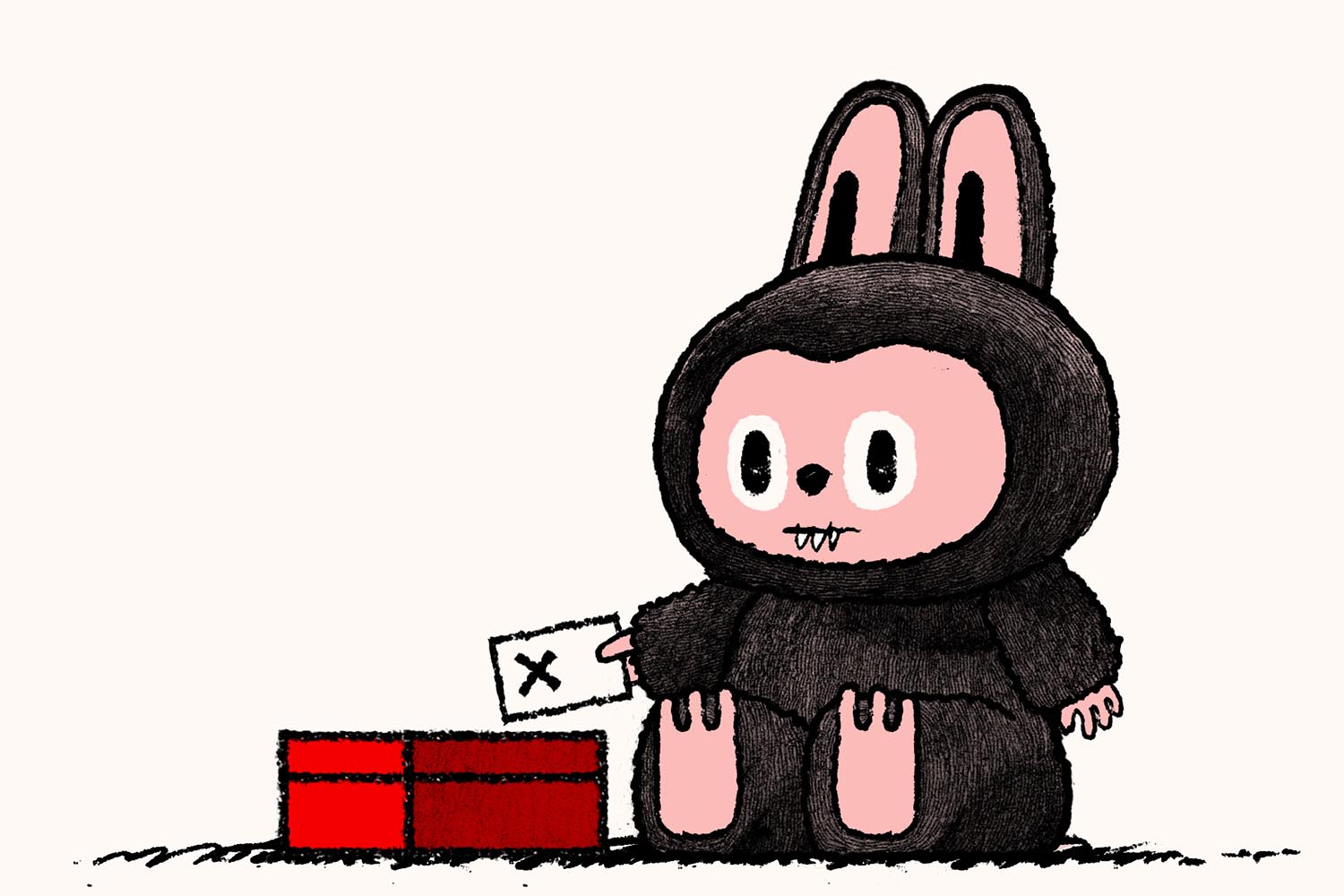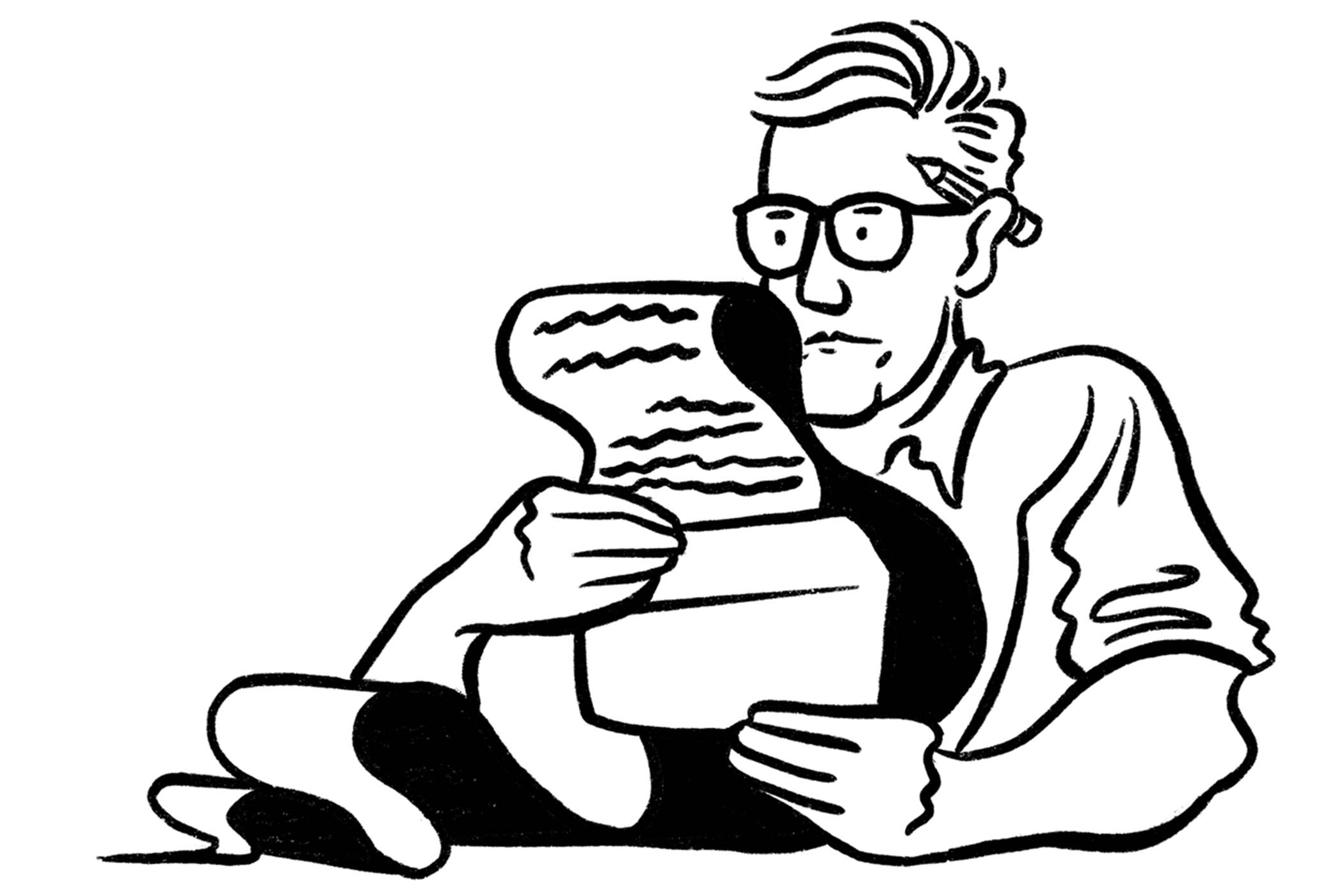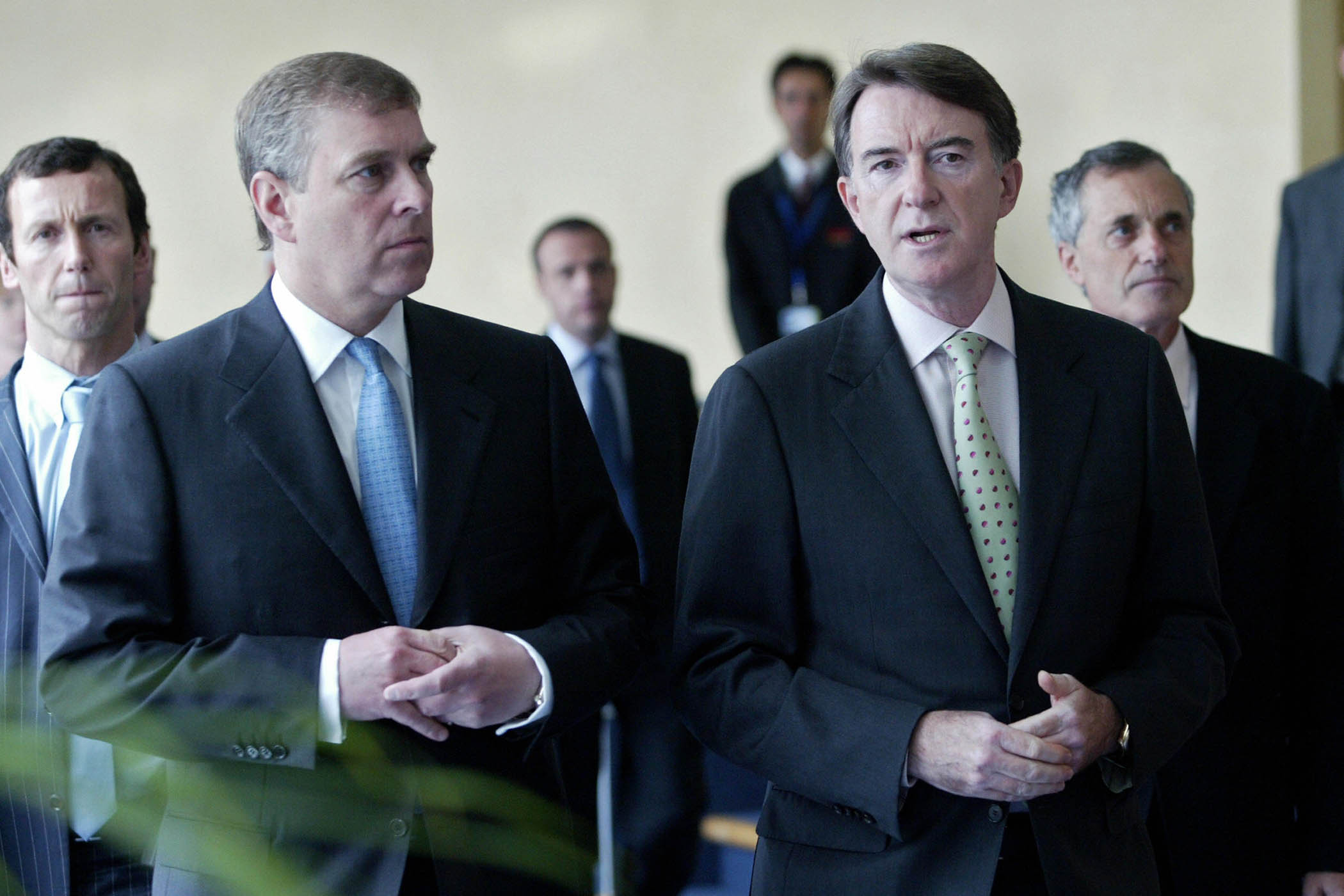Illustration by David Foldvari
There are few things I am more afraid of than 16-year-olds. When I think of what strikes fear deep into my heart – rollercoasters, rats, bungee jumping, small spaces, needles, spiders, intimacy – teenagers rank highly. They are always changing the length and type of sock we’re supposed to be wearing, right when I’ve just purchased the very type of sock length they’ve decided is passé. I am unnerved by the grinning faces of their Labubus. If I walk past a group of them in public and they suddenly start laughing, I know they are laughing at me, my outfit, the idea that I am old and uncool.
I am not, however, as frightened of them as some people are – and that is a comfort. They are terrifying, but I think they should be allowed to vote.
It’s surprising how many people disagree with this. We have been handwringing over lowering the voting age from 18 since I was a teenager, but Labour’s decision to allow 16 and 17-year-olds to vote in time for the next general election continues to be met with shock and fury disproportionate to the paltry percentage of the electorate these teenagers would represent (about 2%, or 1.5 million people).
Tory MPs criticised the timing of the government’s announcement, which came ahead of parliament’s summer recess, meaning the opposition would not have a chance to scrutinise the decision until September. Nigel Farage said someone shouldn’t be allowed to vote unless they could also stand as a candidate (you must be 18 to do so). Keir Starmer was unmoved by these arguments. “It’s really important that 16 and 17-year-olds have the vote, because they are old enough to go out to work, they are old enough to pay taxes,” the prime minister told ITV News. “I think if you pay in, you should have the opportunity to say what you want your money spent on.”
Just as a stopped clock is right twice a day, so too do I occasionally agree with the views of Sir Keir. The idea that 16-year-olds aren’t invested in their community and society, and consequently should have no say in how that community and society should function, is farcical. Much of the criticism comes from adults who see 16 and 17-year-olds – who are legally allowed to not only work, but enlist in the army, reproduce and saddle themselves with thousands of pounds of tertiary educational debt – as little more than children who don’t know what they are doing. Discourse around the issue has envisioned and invented a one-dimensional, cherubic 16-year-old who does not have a job, opinions of their own or any idea of how the world works, who simply trots off to school in a boater hat and tweed shorts every morning, dines on meat and two veg with their parents every evening, says their prayers before bedtime and doesn’t have a phone, bank account or access to the internet. I don’t doubt that some teenagers’ views amount to nothing more than deck shoes and Duke of Edinburgh bronze, but there are many others with a level of maturity and responsibility that should allow them to express their views at the ballot box.
Newsletters
Choose the newsletters you want to receive
View more
For information about how The Observer protects your data, read our Privacy Policy
And age doesn’t always equal experience, particularly in a rapidly changing digital world. Today’s teenagers have grown up with the omnipresent internet and, as voters, could bring new levels of insight into how that digital-native lifestyle affects their lives, particularly when it comes to sexuality and education. In the age of AI, it’s boomers, not teenagers, who are easily led astray by blindly believing what they see on their screens. Not even millennials are exempt: I too was fooled by that AI video of a woman trying to bring her “emotional support kangaroo” on to a flight.
Some think that the government introduced the voting reform as a cynical ploy to get more support from the young. If that’s true, Labour might find themselves disappointed, for two reasons. First, if the current polls are right, the number of 16 and 17-year-olds added to the electorate is not nearly enough to tip the balance in Labour’s favour. And, second, it’s fair to say that even if there were more of them, they wouldn’t automatically align themselves with Starmer. Those who are already left-leaning might instead become part of the 600,000-strong group to sign up to Jeremy Corbyn and Zarah Sultana’s as-of-yet unnamed new party. But as millennials frequently lament, while clutching our Topshop pearls, you can’t even rely on the young to be left-leaning any more. It’s just as likely that they’re already radicalised by Andrew Tate and the myth of the free market. Assuming teenagers are all Labour voters-in-waiting, or all aligned politically in the same direction at all, is a vast oversimplification. After all, even when the young have aligned themselves overwhelmingly behind a common cause, they have often found themselves shafted by the old nonetheless (see: Brexit).
Two decades ago, the word “adultescent” gained prominence. In the mid-2000s it had the dubious honour (alongside “chav” and “Asbo”) of becoming a catch-all term for criticising adults who refused to grow up. They played video games and wore trainers, but didn’t have children, mortgages or marriages. Adultescence has re-entered our cultural lexicon, thanks to the same conversations being applied to millennials. Now middle-aged, millennials are supposedly still infantilised by their own selfish choices, rather than the material conditions forcing them to work longer for less.
While this is frustrating, it does also offer an interesting comparison. What separates me – a voter without children, who does not own a home but does have a student debt – from the average teenager? What could I possibly have to gain from excluding their concerns from the electoral process, when it feels like my own have always been ignored as well? If we’re all adultescents anyway, why not include 16-year-olds too?



